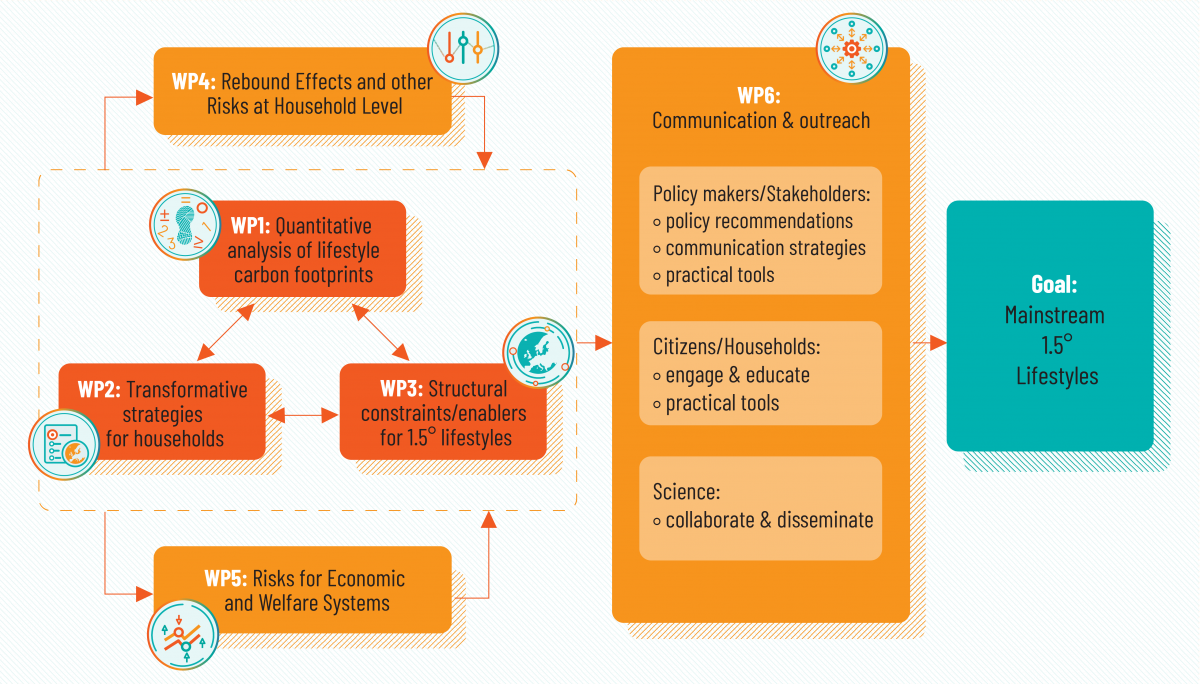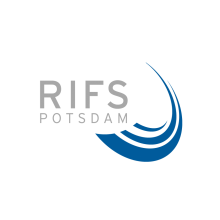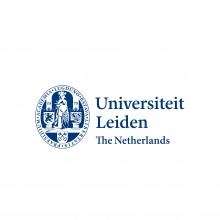The IPCC concludes in their Special Report on Global Warming that limiting global temperature increase needs demand-side actions and lifestyle changes. Previous attempts to realise demand-side changes have been hampered by several factors:
- First, there is very limited quantitative data showing how much a proposed change in lifestyle would contribute to climate change mitigation. Thus, policy makers and citizens lack guidance to make informed choices.
- Second, there is still limited evidence of public acceptance of drastic changes. This has led to internationally uncoordinated policies and to policies that will very likely fall short on having sufficient impact.
- Third, policies have usually promoted changes of individual behaviour without addressing structural constraints or structural drivers of unsustainable lifestyles. This has led to policies that remain ineffective and frustrate citizens who wish to make positive lifestyle choices.
We aim to address all three of the above issues, by connecting an analysis of individual lifestyle perspectives, on household level, with policies and socio-economic structures, on all levels from international to local. The analysis will be structured according to the emerging 1.5-degree lifestyles approach, which members of the consortium have helped to define. The advantage of a lifestyle-oriented approach is to link concrete transformations of lifestyle by individuals to transformations of the structural context by policies, economic, and societal institutions. This inclusive approach is original in terms of a research strategy. In practical terms, it is very promising as it offers concrete guidance and as it can be scaled to political, social, and economic capacities on regional to (supra-) national levels. We pursue our aims using quantitative and qualitative methods, country-level assessments and sector-based case studies, as well as innovative participatory formats and a broad range of communication methods.
Our objectives
- Quantify climate and health impacts of shifting lifestyles
- Qualitatively analyse low-carbon transformative strategies for households
- Analyse structural constraints and barriers to sustainable lifestyle changes
- Assess potential risks of lifestyle changes at the household level
- Assess the impact of lifestyle changes on economic and welfare systems
- Communicate and engage with actors to adopt transformative approaches to 1.5° Lifestyles
Work programme
The EU 1.5° Lifestyles project comprises six Work Packages (WP) below, plus a Coordination and Management WP.

Project timing
The project started in May 2021 and will last for 4 years.











